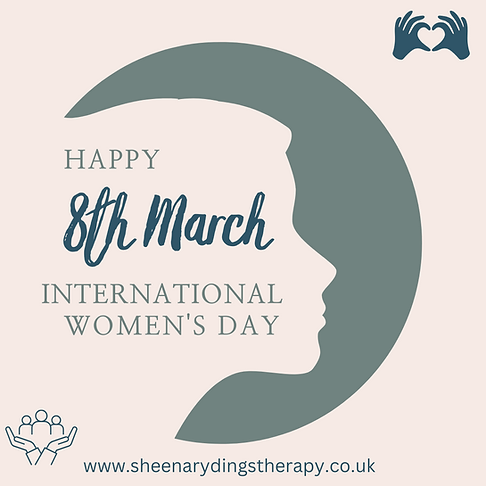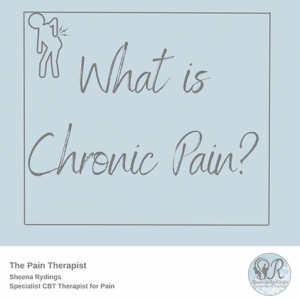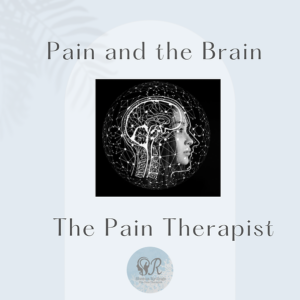Reflections from a CBT Therapist and Chronic Pain Specialist
“Imagine a gender equal world. A world free of bias, stereotypes, and discrimination. A world that’s diverse, equitable, and inclusive. A world where difference is valued and celebrated. Together we can forge women’s equality. Collectively we can all #InspireInclusion” ~IWD~
This year’s International Women’s Day 2025 campaign theme, Accelerate Action, calls on individuals, communities, and organisations to push forward meaningful change for gender equality. While progress has been made, systemic barriers, biases, and inequalities persist—demanding urgent, collective action. From advocating for inclusive policies to amplifying women’s voices in leadership, technology, and education, Accelerate Action serves as a rallying cry to move beyond conversation and into impactful change. Everyone has a role to play in driving forward a more equitable world. Now is the time to act, accelerate progress, and create a future where gender equality is a reality for all.
As we celebrate International Women’s Day 2025, it’s an opportune moment to reflect on the progress made in empowering women, particularly concerning their mental and physical health. As a Cognitive Behavioural Therapy (CBT) therapist specialising in chronic pain management, I’ve witnessed firsthand the unique challenges women face in navigating their pain experiences. Today, I want to shed light on the intersectionality of gender, mental health, and chronic pain while highlighting the resilience and strength of women worldwide.

Historically, women have been disproportionately affected by mental health issues, often due to societal pressures, gender roles, and biological factors. International Women’s Day serves as a reminder of the importance of breaking down stigmas surrounding mental health and providing accessible resources for women to seek help. Through CBT techniques, women can learn valuable coping mechanisms to manage stress, anxiety, and depression, ultimately leading to improved overall well-being.
Chronic pain is a complex and debilitating condition that affects millions of women globally. From menstrual cramps to fibromyalgia, women often experience pain differently from men due to biological, hormonal, and sociocultural factors. As a chronic pain specialist, I’m passionate about empowering women to take control of their pain and regain their quality of life through evidence-based interventions. By incorporating CBT strategies such as cognitive restructuring, activity pacing, and relaxation techniques, women can learn to manage their pain more effectively and foster a sense of empowerment over their bodies.
It’s crucial to recognise that women’s experiences with chronic pain and mental health are further influenced by intersecting identities such as race, ethnicity, sexuality, and socioeconomic status. Intersectional feminism calls for a more inclusive approach to addressing the diverse needs of all women, particularly those from communities who may face additional barriers to healthcare access and support. As advocates, we must amplify the voices of these women and work towards creating a healthcare system that is equitable and accessible to all.

On International Women’s Day, we celebrate the resilience and strength of women who navigate the complexities of chronic pain and mental health challenges every day. From managing multiple roles and responsibilities to advocating for their own health and well-being, women continue to inspire us with their courage and determination. As a CBT therapist, I am honoured to play a role in supporting women on their journey towards healing and empowerment.



